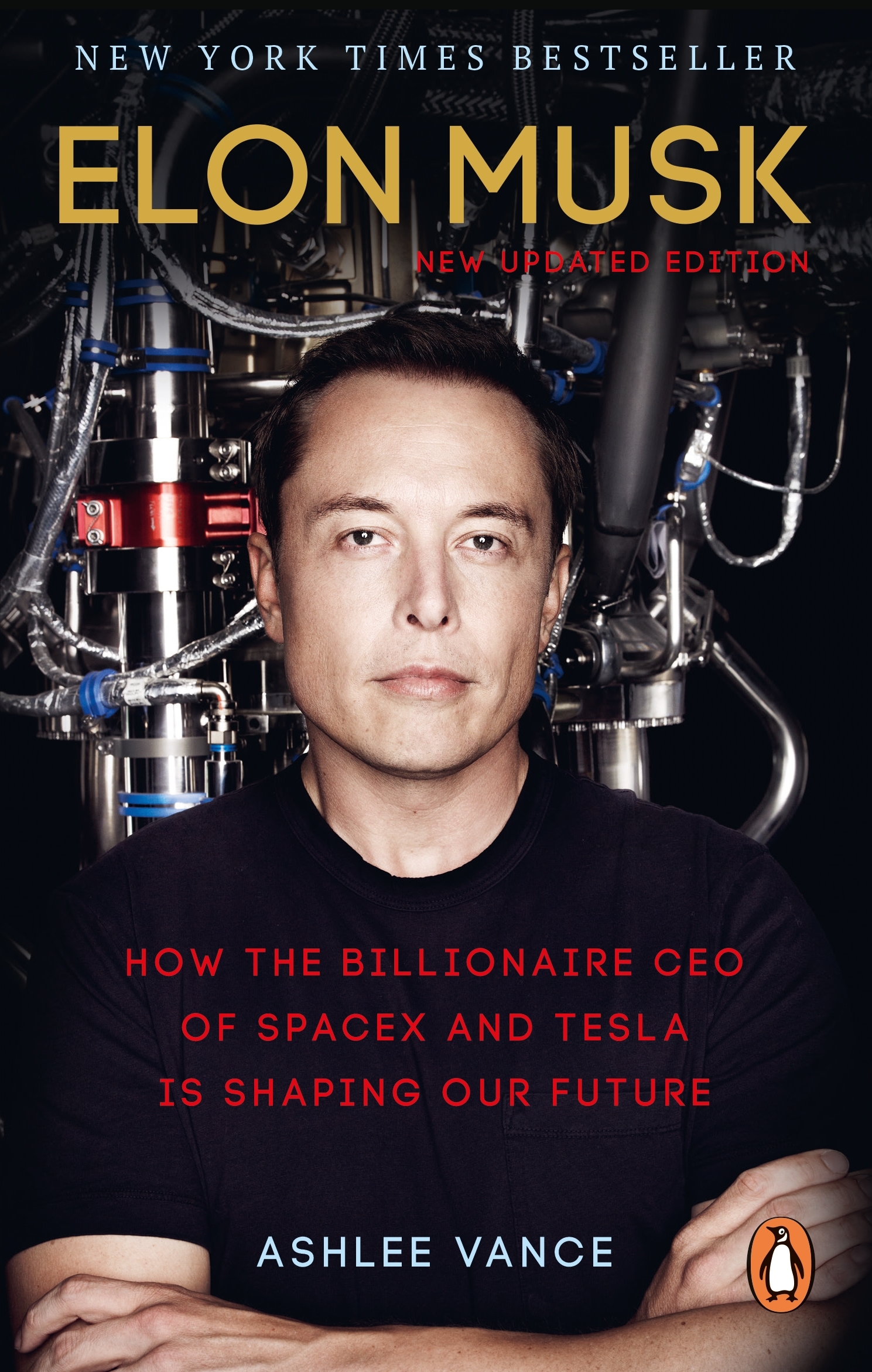Elon Musk
When Elon Musk was a kid in South Africa, he was regularly beaten
by bullies. One day a group pushed him down some concrete steps and
kicked him until his face was a swollen ball of flesh. He was in the
hospital for a week. But the physical scars were minor compared to the
emotional ones inflicted by his father, an engineer, rogue, and
charismatic fantasist.
His father’s impact on his psyche would
linger. He developed into a tough yet vulnerable man-child, prone to
abrupt Jekyll-and-Hyde mood swings, with an exceedingly high tolerance
for risk, a craving for drama, an epic sense of mission, and a maniacal
intensity that was callous and at times destructive.
At the
beginning of 2022—after a year marked by SpaceX launching thirty-one
rockets into orbit, Tesla selling a million cars, and him becoming the
richest man on earth—Musk spoke ruefully about his compulsion to stir up
dramas. “I need to shift my mindset away from being in crisis mode,
which it has been for about fourteen years now, or arguably most of my
life,” he said.
It was a wistful comment, not a New Year’s
resolution. Even as he said it, he was secretly buying up shares of
Twitter, the world’s ultimate playground. Over the years, whenever he
was in a dark place, his mind went back to being bullied on the
playground. Now he had the chance to own the playground.
For two
years, Isaacson shadowed Musk, attended his meetings, walked his
factories with him, and spent hours interviewing him, his family,
friends, coworkers, and adversaries. The result is the revealing inside
story, filled with amazing tales of triumphs and turmoil, that addresses
the question: are the demons that drive Musk also what it takes to
drive innovation and progress?



Post a Comment
0 Comments